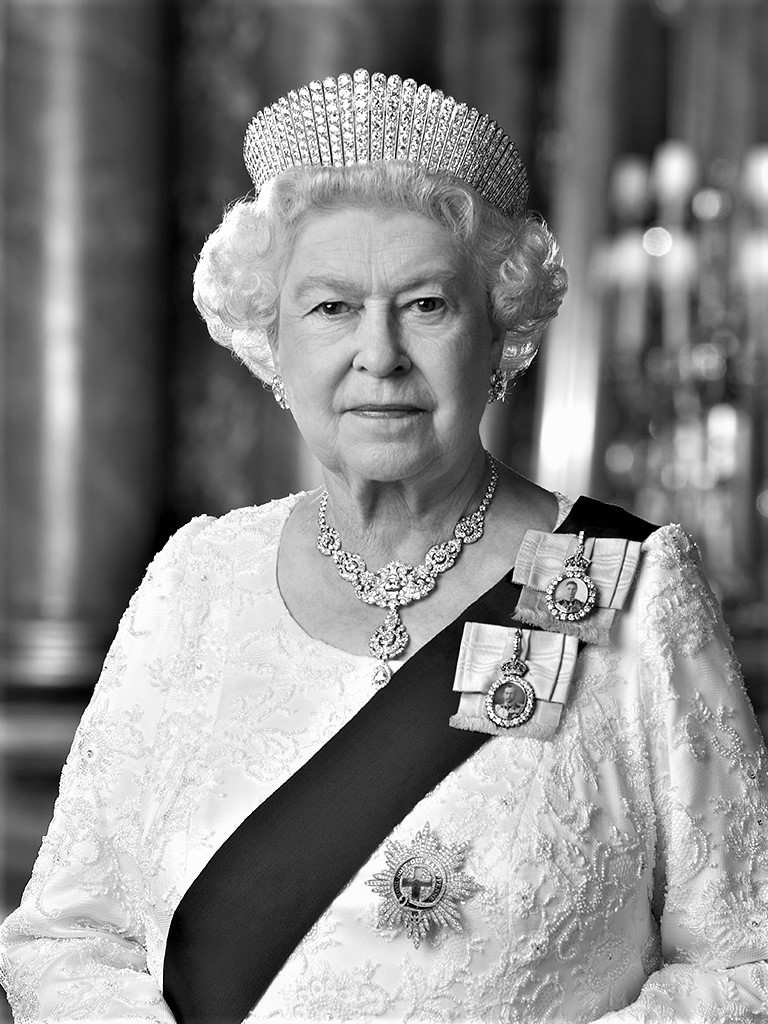Responsive feeding put simply is feeding your baby when they show signs that they are hungry. This involves responding to your baby's cues which makes your baby feel safe and secure. This helps you develop a close and loving relationship with your baby. It is important to keep your baby close and enjoy lots of skin to skin contact.
Below is a video showing you what cues to look for that your baby is hungry.
Responsive Feeding
Early Feeding Cues

Early Feeding Cues - baby stirring, mouth opening, turning head
Mid Feeding Cues

Mid Feeding Cues - baby stretching, physical movement, hand to mouth
Late Feeding Cues

Late feeding cues - baby crying, agitated, turning red
Responsive breastfeeding
Responsive breastfeeding is when a mother responds to her baby's cues, as well as her own desires to breastfeed. Feeds are not just for nutrition, they are for love, comfort and reassurance between a mother and her baby. You cannot overfeed a breastfed baby so enjoy that special time together.
Breastfeeding responsively means -
Breastfeeding responsively means -
- Offering the breast in response to baby's feeding cues
- Offering the breast if baby is distressed, fractious or lonely
- Offering the breast if baby is unwell or needs reassured
- Offering the breast to meet mothers needs - full breasts before she goes out or if she just wants a cuddle
Responsive Bottle Feeding
Responsive bottlefeeding allows parents to build a close and loving relationship with their baby. Feeding your baby when they show feeding cues and limiting who feeds baby to the parents (particularly in the early days and weeks) helps with this relationship and enables your baby to feel safe and secure.
Bottlefeeding responsively means:
Bottlefeeding responsively means:
- Offering a bottle in response to baby's feeding cues
- Holding baby close during feeds with lots of eye contact
- Gently letting baby take the teat into their mouth and allowing them to pace the feed
- Not forcing baby to finish the feed
Remember skin to skin contact with your baby is not just for straight after the birth. Having skin to skin contact releases the hormone Oxytocin - this is known as the love hormone. This will help you and your baby develop a close and loving relationship, and in turn reduce the stress hormone. Having this bonding time with baby is important not just for mums, but for both parents.

